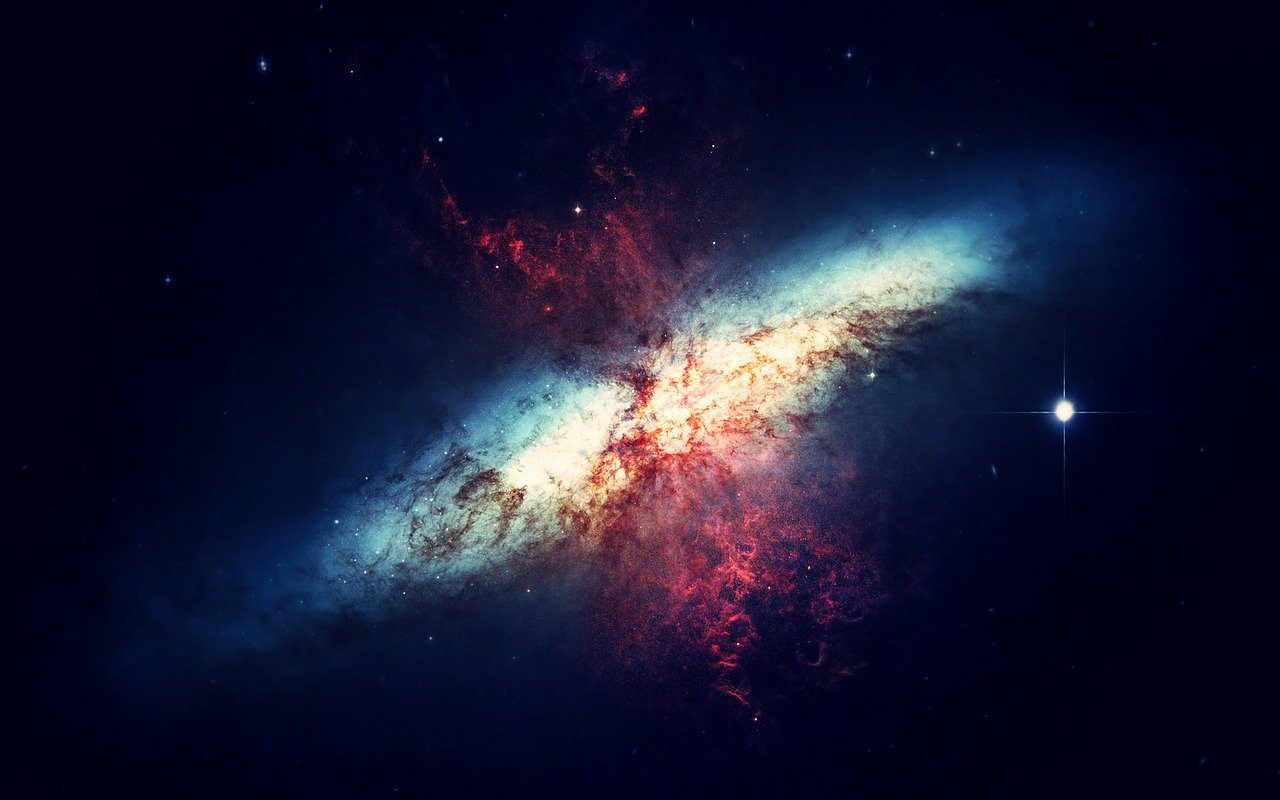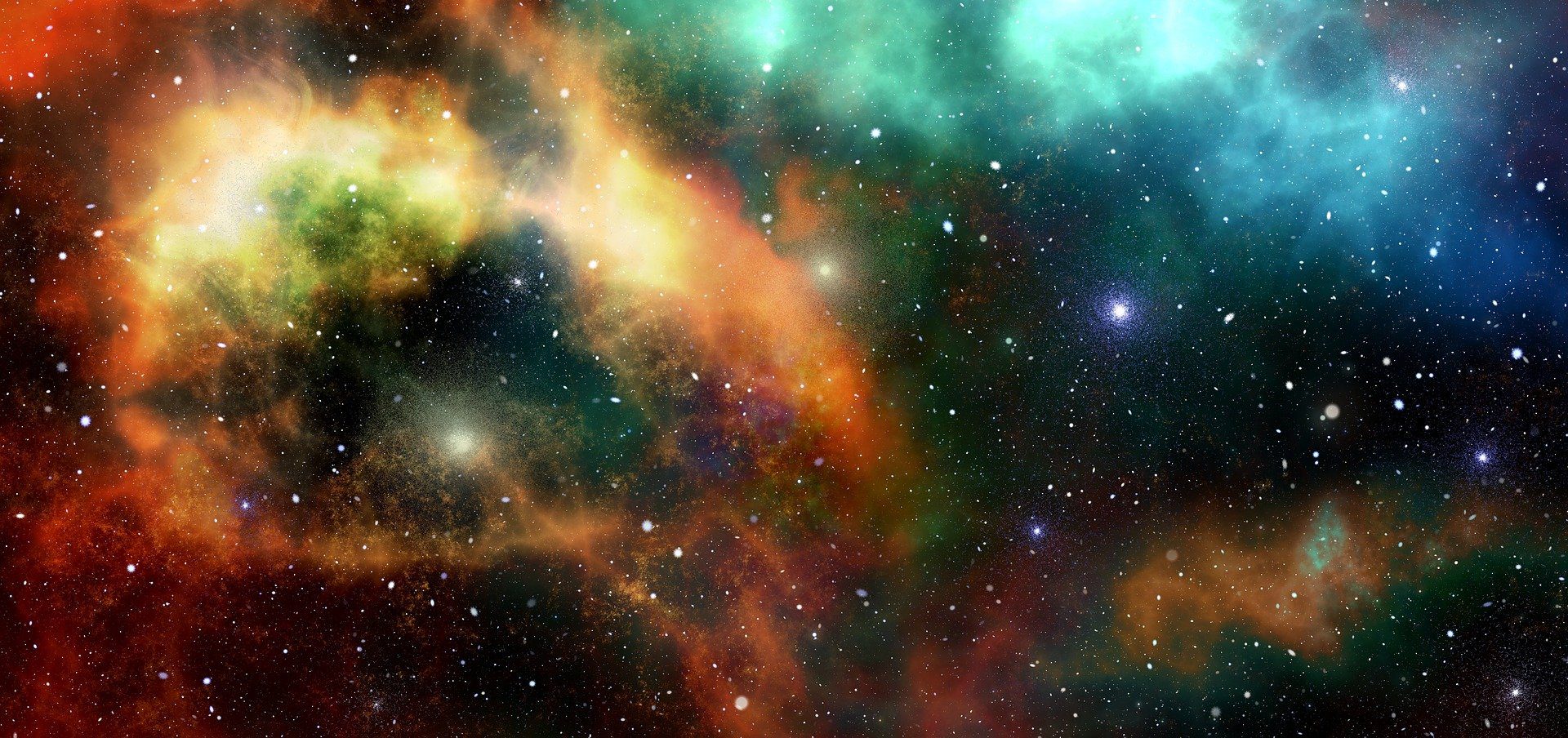Not all black holes remain in their usual position in the center of galaxies. Some supermassive black holes do wander around the Universe, and now researchers have a chance to locate them more effortlessly than before. “Unlike most other currently available cosmological simulations, black holes are seeded based on local gas properties and are permitted to evolve dynamically without being fixed at halo centers.” Since it is difficult to locate these wanderers, simulations were needed to discover the whereabouts of these black holes.
The manner in which supermassive black holes are formed remains unknown to scientists. However, it is theorized they become massive by accumulating gas and stars and dust, as well as combining with other holes. The Romulus simulations were used by a researchers team from the Harvard & Smithsonian Center for Astrophysics to recreate the evolution of some supermassive black holes.
“Romulus predicts that many supermassive black hole binaries form after several billions of years of orbital evolution, while some SMBHs will never make it to the center. As a result, Milky Way-mass galaxies in Romulus are found to host an average of 12 supermassive black holes, which typically wander the halo far from the galactic center,” wrote the researchers.
In the early days of the Universe, the wanderer black holes shined brighter than those located at the center of the galaxy, and they were more numerous as well. The simulations also revealed that some of these wanderers should also exist around even nowadays.
“We find that the number of wandering black holes scales roughly linearly with the halo mass, such that we expect thousands of wandering black holes in galaxy cluster halos. Locally, these wanderers account for around 10 percent of the local black hole mass budget once seed masses are accounted for,” read the study.












Leave a Reply